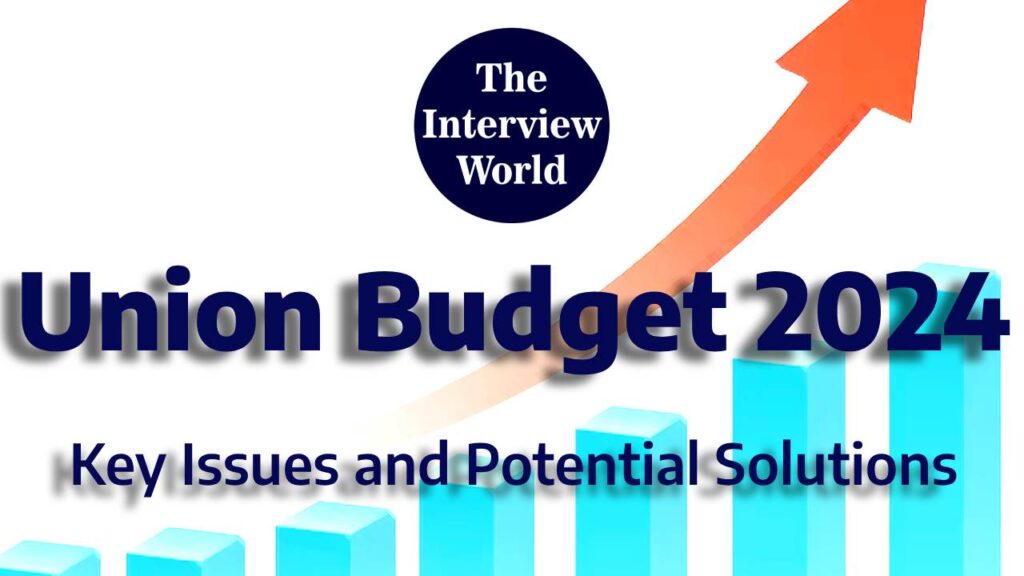Professor Shakti Kumar, holding the esteemed position of Chairperson at the Centre for Economic Studies and Planning within the School of Social Sciences at Jawaharlal Nehru University, boasts an impressive background. With more than two decades of experience in post-graduate teaching, his primary focus lies on public finance and mathematical economics. Prof. Kumar’s substantial contributions extend to numerous peer-reviewed national and international journals, showcasing his dedication to academic excellence.
Remarkably, he has authored six books and penned 32 research papers. Furthermore, his academic involvement spans across 55 national and international conferences, and he has successfully supervised 21 PhD candidates. Prof. Kumar’s expertise has been recognized by prestigious institutions, as evidenced by invitations to deliver lectures at RBI, New Delhi; Gautam Buddha University; Babasaheb Bhimrao Ambedkar University, Lucknow; Guru Jambheshwar University of Science and Technology, Hisar; Avadh University, Ayodhya; BHU, Varanasi; University of Delhi; and Women University, Hyderabad.
Additionally, Prof. Kumar actively contributes to academia through his membership in the Board of Studies at the School of Social Sciences, JNU; the Board of Studies at MD University, Rohtak; the Board of Studies at MG International Hindi University, Wardha; and the Editorial Board of Arthshastra Indian Journal of Economics and Research.
In an exclusive discussion with The Interview World, Prof. Shakti Kumar delves into pressing economic challenges, addressing the expectations of both the common man and the salaried class. His insights cover crucial topics such as inflation, unemployment, and various other economic indicators. Below, we present key excerpts from his enlightening interview.
Q: What are the key economic challenges that the common man in India is currently facing? In your opinion, what should be the primary focus areas of the Union Budget 2024 to address these challenges?
A: India has set ambitious economic goals, aiming to reach a $5 trillion economy by 2027 and secure the top spot globally in terms of GDP by 2047. The window of opportunity for harnessing the demographic dividend began in 2000 and is expected to conclude by 2050, with 60% of the population being youth. Despite these prospects, the common people of India are grappling with economic challenges.
Foremost among these challenges are unemployment, inflation, the tax-GDP ratio, and the excise duty on petrol and diesel. Unemployment, a critical determinant, cannot be reduced to zero even in a fully employed economy. A positive unemployment rate signifies demand for employment, and the ideal range is between 3-5%. Unfortunately, the average unemployment rate in India is 7%, higher than the desired range.
Inflation, another significant concern for the common people, is ideally maintained at 2%. India, however, has accepted an inflation range of 2-6%. Historical trends reveal an average inflation rate of 6%, which poses a threat to the well-being of the common people. The International Monetary Fund (IMF) emphasizes that inflation acts as the “cruelest tax” on the poor, diminishing disposable income and increasing poverty.
Examining the tax-GDP ratio, a crucial indicator, reveals a persistent shortfall. The decennial ratio in India was 10% in 1990, 8.8% in 2000, 10.4% in 2010, 9.9% in 2020, and 11.1% in 2022. The World Bank recommends an ideal ratio of 15%, underscoring India’s failure to achieve a healthy tax-GDP ratio.
Rising prices of petrol and diesel further exacerbate the economic burden on the common people. The excise duty on petrol, for instance, surged from 9.2% in 2014 to 32.98% in 2020, before reducing to 19.98% in 2023. A similar trend is observed in the excise duty on diesel, increasing from 3.96% to 31.63% during the same period.
Addressing these challenges is crucial for relieving the economic strain on the common people of India, and I hope the government takes decisive steps in this direction.
Q: Concerning personal income tax, what changes or reforms do you think the common man hopes to see in the upcoming budget?
A: Anticipating the upcoming budget, I foresee favorable adjustments in personal income tax that will be welcomed by the general public. A widely anticipated change is the exemption of personal income tax on earnings up to Rs. 3 lakh. Additionally, it is crucial to raise the basic exemption limit from Rs. 3 lakh in 2023 to Rs. 4 lakh in 2024. This adjustment would mean that no personal income tax would be imposed on income within the basic exemption limit.
Furthermore, there is an expectation that the 80C deduction limit will see an increase from Rs. 1.5 lakh in 2023 to Rs. 2 lakh in 2024. Another positive development is the proposed raise in the standard deduction from Rs. 0.5 lakh in 2023 to Rs. 1 lakh in 2024. These changes collectively aim to bring relief to taxpayers and foster a more favorable financial environment.
Q: Rising inflation is a concern for many households. How can the Union Budget address the issue of controlling inflation and reducing the cost of living for the common man?
A: The government is actively addressing inflation by implementing fiscal policy measures. In the upcoming Budget 2024, various strategies can be explored. These include a reduction in government spending, an increase in taxes, the issuance of bonds and securities, and a decrease in transfer payments.
However, it’s crucial to recognize the economic challenges India faces. Currently, the country’s public debt-to-GDP ratio stands at over 80%, and the International Monetary Fund (IMF) has issued a cautionary warning. Hence, there’s concern that India’s debt-to-GDP ratio may soon exceed 100%.
Furthermore, in 2023, India’s fiscal deficit reached 5.9% of its GDP. This emphasizes the need for careful economic management and underscores the significance of the proposed measures in Budget 2024 to address these fiscal concerns effectively.
Q: Education and healthcare are crucial aspects of a nation’s development. How can the budget ensure better accessibility and affordability of quality education and healthcare for the common man?
A: I recommend several improvements for the education and healthcare sectors. Firstly, the “right to education” should be upgraded to the more inclusive “right to equal education.” Additionally, the effective implementation of the 25% quota for Economically Weaker Sections (EWS) is crucial. In the healthcare domain, I propose making health insurance more user-friendly by integrating it with Aadhaar cards for all citizens. Moreover, to facilitate cashless health services, a universal cash card should be issued to every citizen. This comprehensive approach aims to enhance accessibility and efficiency in both education and healthcare.




Very nice sir
I like what you guys are up too. Such smart work and reporting! Carry on the excellent works guys I’ve incorporated you guys to my blogroll. I think it’ll improve the value of my website :).